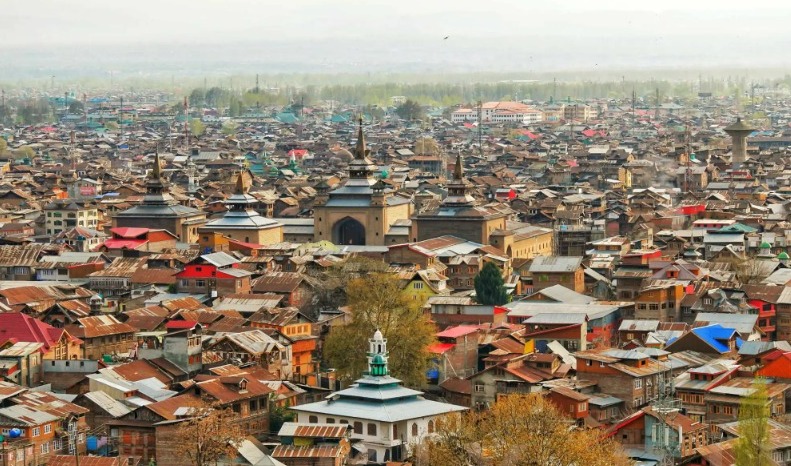
Hooria Gillani
In Jammu Kashmir, the general category that consists of over 75 per cent of the population will have a mere 40 per cent access to government jobs in the region.
The recent decision by the Manoj Sinha led administration to substantially raise Scheduled Tribe (ST) reservations by 10 per cent, thereby reducing open merit to only 40 per cent, has left many astonished and prompted serious concerns about fairness.
Jammu and Kashmir Reservation Act of 2024 has introduced these significant changes. Under this amendment, the Pahari Ethnic Group, Padari Tribe, Kolis, and Gadda Brahmins have been granted a 10% reservation quota, stirring both anticipation and concern within the region.
The original act, enacted in 2005, focused on providing reservation quotas for Scheduled Castes (SC), Scheduled Tribes (ST), ALC (Line of Actual Control) and RBA (Residents of Backward Areas). These tribes were known as Socially Economically Backward Classes, as the term OBC (Other Backward Classes) was not coined then.
However, with the abrogation of Article 370, several changes started surfacing.
The Indian Constitution Amendment Act 103, approved in 2019, introduced a 10 per cent reservation quota for Economically Weaker Sections (EWS) on an all-India level.
Jammu Kashmir implemented this by redistributing quotas, reducing the RBA’s reservation by 10% and adding it to the EWS category.
The inclusion of these four new communities, sparked concerns among existing beneficiary groups.
The Gujjar community feared reduction of their reservation quota and voiced their apprehensions. In response, the Home Minister reassured them of their rights, promising no violation on their reservations.
The government then adjusted the distribution by deducting 10% from the open merit category, reducing it to 40%, and allocating it for the 4 tribes.
While acknowledging the necessity of reservations for marginalized communities like SC and ST, there are concerns raised about the impact on open merit candidates.
With already low employment rates and heightened competition, the reduction in open merit seats could exacerbate challenges.
Under the revised quota system, reservation percentages stand as follows: SC; 8%, ST; 20%, EWS; 10%, RBA; 10%, OBC; (including 15 new castes) 8%, and ALC/IB; 4% totaling 60%. When considering horizontal reservations (3% + 6%), the quota for open merit candidates further reduces.
This decision severely undermines the principles of fairness and equal opportunity by drastically reducing open merit to just 40 per cent.
Prioritizing the much needed reservations over merit not only betrays justice but also sets a dangerous precedent, potentially leading to a decline in overall competence and efficiency.
Upholding fairness, justice is fundamental, but the current move deviates from this objective, eroding the foundation of a just and equitable society. This may also become a recipe for disaster, provoking one community against the other.
It’s imperative to unitedly denounce this decision as a betrayal of justice, as it sends a damaging message to the youth that their efforts and achievements are secondary to political considerations.




